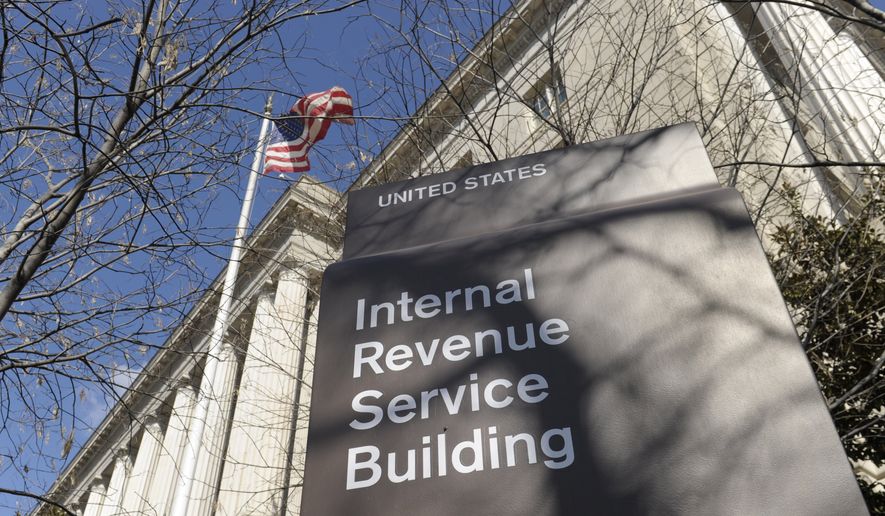The Obama administration took steps Monday to make it more difficult for U.S. companies to escape hefty tax bills through so-called “inversion” deals that move their headquarters overseas.
The Treasury Department and the IRS issued a notice that takes targeted action to limit the tax benefits of such mergers. The practice, which President Obama has sharply criticized, was in the spotlight again with last month’s deal relocating the headquarters of fast-food giant Burger King from Miami to Canada following its acquisition of the Tim Hortons chain.
“These first targeted steps make substantial progress in constraining the creative techniques used to avoid U.S. taxes, both in terms of meaningfully reducing the economic benefits of inversions after the fact and, when possible, stopping them altogether,” said Treasury Secretary Jack Lew.
He said the administration cannot wait for Congress to address the problem.
“Treasury will continue to review a broad range of authorities for further anti-inversion measures as part of our continued work to close loopholes that allow some taxpayers to avoid paying their fair share,” Mr. Lew said.
In an inversion, companies reduce their tax burden by moving their addresses abroad, commonly through a merger. U.S. corporations in many industries have been attracted by the inversion deals because the United States has some of the highest nominal corporate tax rates among advanced industrial nations.
President Obama said it’s one of the many executive actions he’s taking this year without action by lawmakers on the issue.
“We’ve recently seen a few large corporations announce plans to exploit this loophole, undercutting businesses that act responsibly and leaving the middle class to pay the bill, and I’m glad that Secretary Lew is exploring additional actions to help reverse this trend,” Mr. Obama said.
An aide to Speaker John A. Boehner, Ohio Republican, said the administration’s action isn’t the answer to the problem.
“Under President Obama, the United States has the highest corporate tax rate in the developed world,” said spokesman Michael Steel. “The answer is to simplify and reform our broken tax code to bring jobs home — and help grow our economy and create even more American jobs.”
Sen. Charles E. Schumer, New York Democrat, said the Treasury Department actions did not go far enough and that now it was time for Congress to act.
“The administration has made a good effort, but administrative action can only go so far,” Mr. Schumer said. “This rule may make some companies think twice before inverting, but legislation is still sorely needed. It’s clear that without legislation that stops earning stripping and defines an inversion more tightly, this egregious abuse is likely to continue.”
Senate Finance Committee Chairman Ron Wyden, Oregon Democrat, and Utah Sen. Orrin G. Hatch, the panel’s ranking Republican, said in a joint statement they were still studying the Treasury moves and “remain steadfast in their commitment to developing a prudent stopgap measure that will garner support from both sides of the aisle and move through the Congress as soon as possible.”
Senate Majority Leader Harry Reid, Nevada Democrat, applauded the move as a first step, although he added it “may not go as far as some would have liked.”
• Dave Boyer can be reached at dboyer@washingtontimes.com.




Please read our comment policy before commenting.